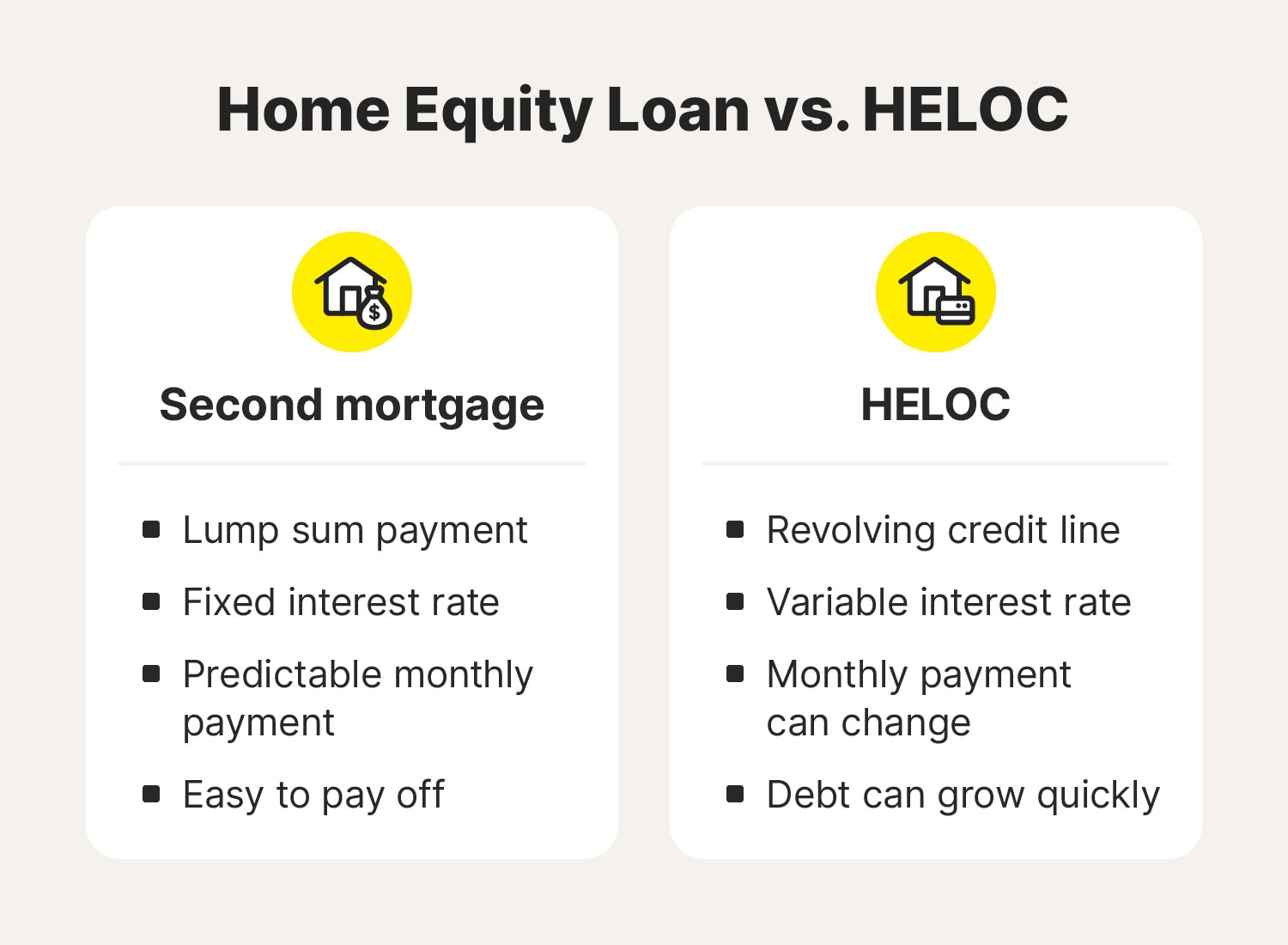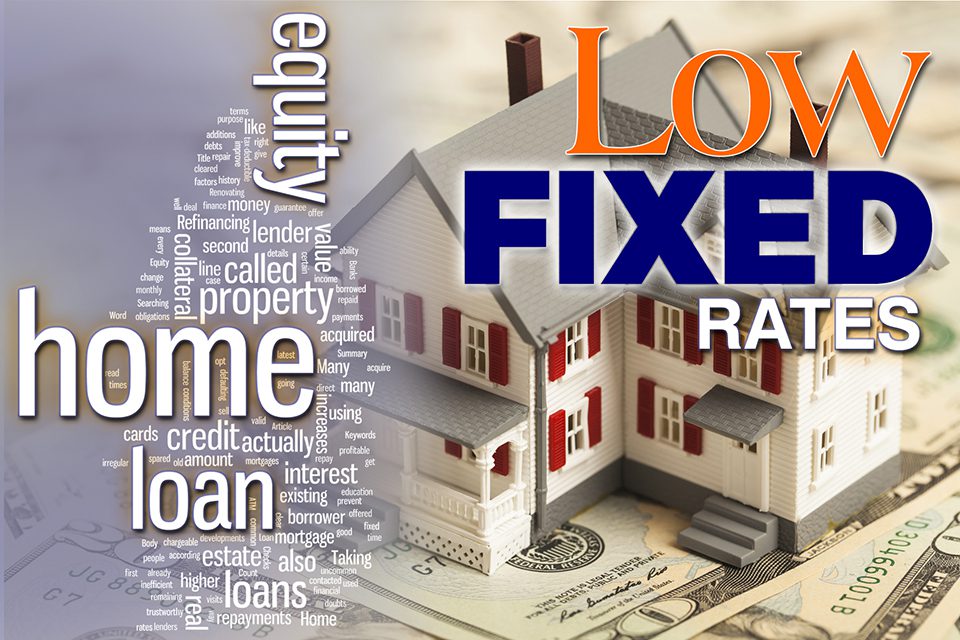How Equity Release Mortgages Can Access Property Value
How Equity Release Mortgages Can Access Property Value
Blog Article
Discovering the Various Kinds Of Equity Release Mortgages Available Today
Equity Release home mortgages present various alternatives for property owners aged 55 and over. equity release mortgages. These monetary items deal with different demands and choices, allowing individuals to accessibility funds from their residential property. From life time home mortgages to shared recognition home mortgages, each type offers unique advantages. Recognizing these choices is essential for making notified choices. What elements should one take into consideration when selecting the most ideal equity Release plan? The details that follow may lose light on this crucial topic
Recognizing Equity Release Mortgages
Equity Release mortgages provide homeowners, commonly those aged 55 and over, with a means to access the value locked up in their residential or commercial property without requiring to market it. This financial alternative allows individuals to transform a portion of their home equity into money, which can be utilized for numerous functions, such as home renovations, settling financial debts, or financing retirement.Equity Release can take different forms, but it basically involves borrowing versus the value of the home while preserving ownership. Home owners can select to get a round figure or a collection of smaller sized settlements, depending upon their financial needs and preferences.Additionally, the amount available for Release is influenced by the residential or commercial property's value, the property owner's age, and specific lender criteria. Overall, understanding equity Release home mortgages is important for house owners to make enlightened decisions concerning using their home's equity while considering the lasting implications.
Lifetime Mortgages
Lifetime mortgages stand for one of the most popular types of equity Release. This financial item permits property owners, normally aged 55 or older, to borrow versus the worth of their building while preserving possession. The financing, which is secured versus the home, accumulates passion gradually but does not require month-to-month settlements. Rather, the loan and built up interest are paid off when the home owner passes away or relocates right into lasting care.Lifetime home mortgages provide versatility, as consumers can choose to get a swelling amount or go with a drawdown facility, accessing funds as needed. Importantly, many strategies included a no-negative-equity warranty, guaranteeing that consumers will certainly never ever owe greater than the worth of their home. This function gives satisfaction, allowing people to enjoy their retirement without the fear of diminishing their estate. Overall, lifetime mortgages work as a practical choice for those seeking financial backing in later life.
Home Reversion Plans

Drawdown Lifetime Mortgages
While many home owners look for methods to access their riches, drawdown life time home mortgages present a flexible choice that enables individuals to Release funds progressively. This type of equity Release home mortgage enables home owners to obtain versus the worth of their building while keeping ownership. Unlike typical life time home mortgages, drawdown plans allow debtors to access a portion of their equity upfront and withdraw added funds as required, as much as an established limit.This feature can be particularly helpful for those who desire to manage their funds meticulously, as it decreases interest build-up by just billing interest on the quantities attracted. In addition, drawdown life time home mortgages often come with a "no adverse equity guarantee," making sure that customers will certainly never ever owe more than their home's value. This option suits senior citizens who prefer monetary protection and adaptability, allowing them to meet unanticipated expenses or preserve their lifestyle without having to sell their residential or commercial property.
Boosted Life Time Mortgages
Boosted Lifetime Home mortgages offer distinct benefits for eligible property owners looking for to Release equity from their residential or commercial properties. Recognizing the eligibility requirements is vital, as it identifies that can benefit from these specialized loans. However, it is additionally crucial to examine the potential drawbacks connected with improved alternatives, guaranteeing a well-shaped point of view on their use.
Eligibility Standards Clarified
Understanding the qualification criteria for Boosted Lifetime Mortgages is necessary for potential candidates seeking to access the equity in their homes. Commonly, applicants need to be aged 55 or older, as this age need is typical in the equity Release market. Home owners must possess a residential property valued at a minimum limit, which can vary by loan provider. Significantly, the home must be More Help their key residence and in excellent condition. Lenders often examine the home owner's health and wellness condition, as specific health problems might boost qualification and benefits. Additionally, candidates ought to not have existing significant financial debts protected against the residential or commercial property. Meeting these criteria enables people to explore Enhanced Lifetime Home mortgages as a viable option for accessing funds tied up in their homes.
Advantages of Improved Home Mortgages
After making clear the qualification standards, it ends up being noticeable that Improved Life time Mortgages use a number of substantial advantages for homeowners wanting to take advantage of their property equity. Mostly, they supply access to a larger lending amount contrasted to basic lifetime home mortgages, profiting those with wellness problems or age-related variables that enhance their life span danger. This improved loaning capacity allows house owners to satisfy different financial needs, such as home improvements or retired life expenses. Additionally, these home loans typically feature versatile repayment alternatives, making it possible for customers to handle their finances better. The no-negative-equity assurance further assures that house owners will certainly never ever owe more than their residential property's worth, providing comfort. Generally, Boosted Life time Mortgages offer an engaging option for qualified homeowners seeking monetary remedies.
Possible Downsides Taken Into Consideration
While Boosted Lifetime Home mortgages provide numerous benefits, possible drawbacks require mindful consideration. One considerable issue is the effect on inheritance; the equity launched reduces the value of the estate left to recipients. Furthermore, these home loans can build up considerable interest gradually, bring about a substantial debt that may go beyond the original funding quantity. There might additionally be constraints on building modifications or rental, limiting house owners' versatility. Boosted items often require particular wellness problems, meaning not all homeowners will certainly certify. Finally, managing the charges and fees connected with these mortgages can be complex, possibly resulting in unexpected prices. Therefore, individuals need to extensively examine their situation and consult financial consultants prior to proceeding.
Shared Gratitude Mortgages
Shared Appreciation Mortgages represent an one-of-a-kind financial arrangement that allows homeowners to access equity while sharing future building value raises with the lending institution. This method provides possible benefits such as lowered regular monthly payments, but it additionally includes drawbacks that must be very website link carefully taken into consideration. Comprehending the qualification requirements is crucial for those thinking about this option.
Principle Review
Equity Release mortgages, especially in the kind of shared gratitude mortgages, offer property owners a distinct economic solution that allows them to accessibility funds by leveraging the worth of their residential property. In this setup, a lending institution offers a loan to the property owner, which is generally settled with a share of the residential property's future appreciation in worth. This means that when the house owner sells the residential or commercial property or dies, the loan provider receives a percentage of the raised worth, instead of simply the first financing quantity. Shared appreciation home mortgages can be appealing for those seeking to supplement their revenue or financing significant expenses while preserving possession of their home. The monetary effects of shared gratitude must be carefully thought about by prospective debtors.
Downsides and benefits
Although common appreciation home loans can provide substantial economic benefits, they likewise feature significant drawbacks that potential customers need to think about. These home loans allow property owners to access equity in their properties while sharing a portion of any type of future gratitude with the lending institution. This plan can be valuable throughout times of increasing residential property worths, providing significant funds without monthly settlements. The major downside is the prospective loss of equity; property owners may end up with appreciably lowered inheritance for heirs. In addition, the intricacy of the terms can bring about misconceptions pertaining to settlement responsibilities and the percentage of recognition owed. As a result, it is essential for consumers to evaluate these aspects carefully before committing to a common gratitude home loan.
Eligibility Needs
What criteria must property owners satisfy to get approved for a shared admiration mortgage? Largely, candidates should be at least 55 years old, assuring they are within the target group for equity Release products. Additionally, the residential property must be their main residence and typically valued over a specified minimum threshold, typically around ? 100,000. Lenders also analyze the house owner's monetary conditions, including revenue and outstanding financial obligations, to ascertain they can handle the mortgage sensibly. Notably, the property needs to remain in great problem and devoid of significant lawful encumbrances. Home owners should likewise have a clear understanding of the terms, including exactly how appreciation will be shown the lending institution upon sale or transfer of the home, as this affects overall returns.
Choosing the Right Equity Release Choice

Frequently Asked Questions
What Age Do I Required to Be for Equity Release?
The age demand for equity Release commonly starts at 55 for many plans. Some service providers might provide choices for those aged 60 and above, mirroring differing terms based on individual scenarios and lending institution plans.
Will Equity Release Impact My Inheritance?
Equity Release can impact inheritance, as the quantity borrowed plus rate of interest lowers the estate's worth. Heirs may receive less than expected, depending on the property's appreciation and the total debt at the time of passing.
Can I Move Residence With Equity Release?
The question of relocating house with equity Release occurs regularly. Normally, people can transfer their equity Release strategy to a new property, but certain terms and conditions might use, requiring appointment with the lender for assistance.
Exist Fees Related To Equity Release Mortgages?
Costs related to equity Release home mortgages can consist of plan fees, assessment charges, and legal prices. Furthermore, there may be early settlement fees, which can impact the general cost and economic implications for the customer.
Exactly How Does Equity Release Impact My Tax Scenario?
Equity Release can impact one's tax circumstance by possibly boosting gross income, as released funds are considered capital. It normally does not incur prompt tax liabilities, making it essential to speak with an economic expert for personalized guidance.
Final thought
In summary, the selection of view website equity Release home loans available today provides home owners aged 55 and over multiple pathways to access their building's value - equity release mortgages. Whether selecting a lifetime mortgage, home reversion strategy, or various other options, each choice provides distinctive benefits tailored to specific economic requirements. Cautious factor to consider and assessment with a financial advisor are vital to guarantee the picked equity Release service aligns with personal goals and monetary conditions, inevitably helping with notified decision-making for a protected economic future. Equity Release home mortgages existing various choices for homeowners aged 55 and over. Equity Release home loans offer homeowners, typically those aged 55 and over, with a method to access the value connected up in their residential property without requiring to market it. Improved Life time Mortgages provide distinctive advantages for eligible house owners looking for to Release equity from their buildings. Equity Release home mortgages, particularly in the kind of common gratitude home loans, offer house owners an one-of-a-kind financial remedy that enables them to access funds by leveraging the worth of their residential property. In summary, the variety of equity Release mortgages offered today offers homeowners aged 55 and over several paths to access their property's worth
Report this page